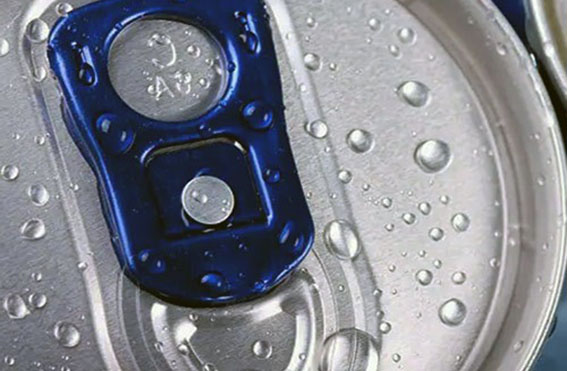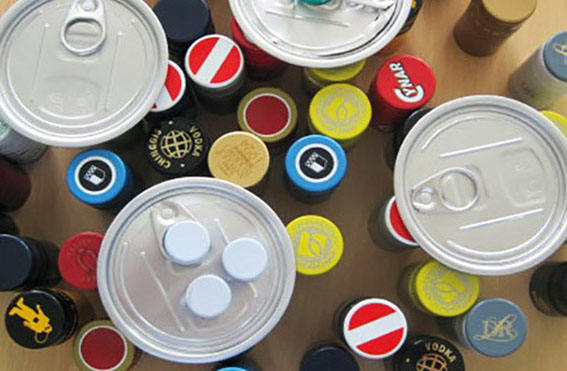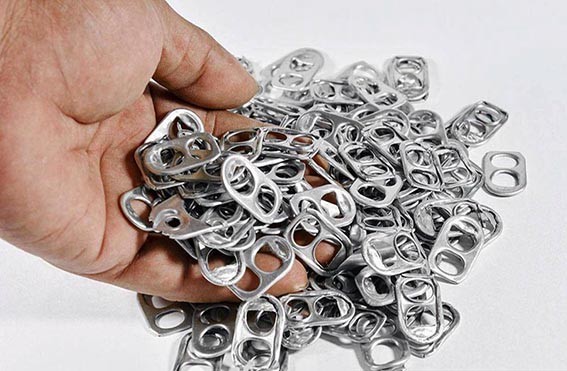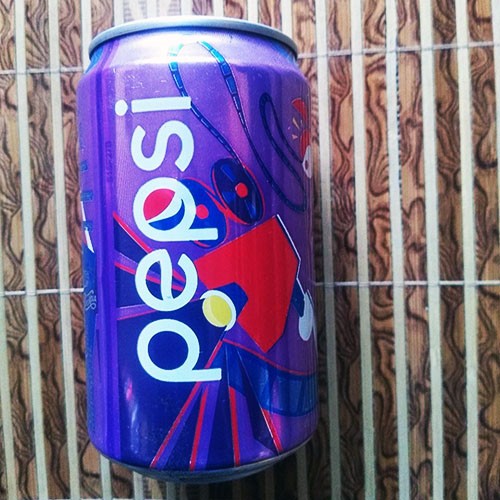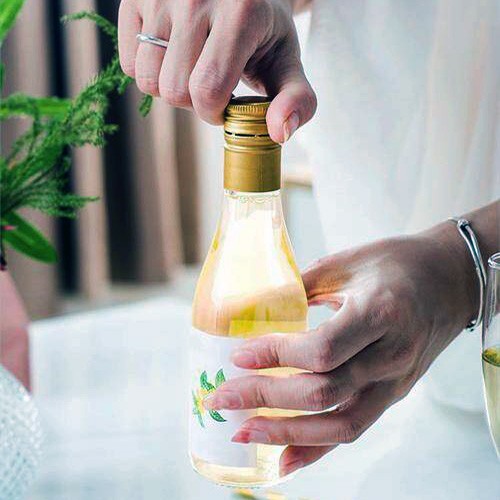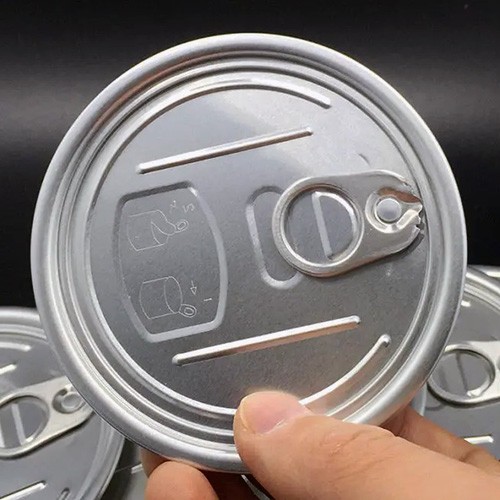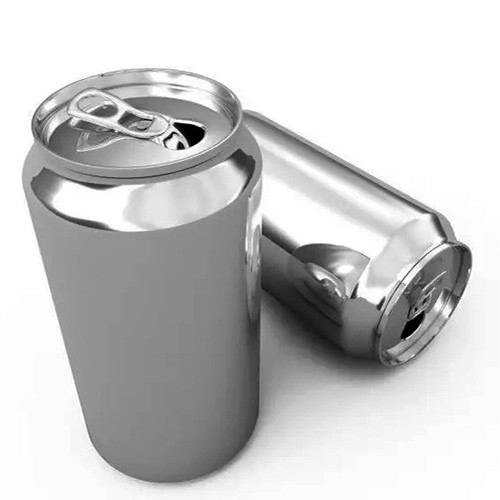3004 3104 5052 Aluminum sheet coil strip for Beverage Cans Body
Last Updated :May. 21, 2024
Aluminum sheet, coil and strip, especially made from 3004, 3104 and 5052 alloys, is commonly used in the production of beverage cans. These materials offer several advantages to food containers, including lightweight properties, efficient sealing capabilities, excellent thermal conductivity and ease of recycling.
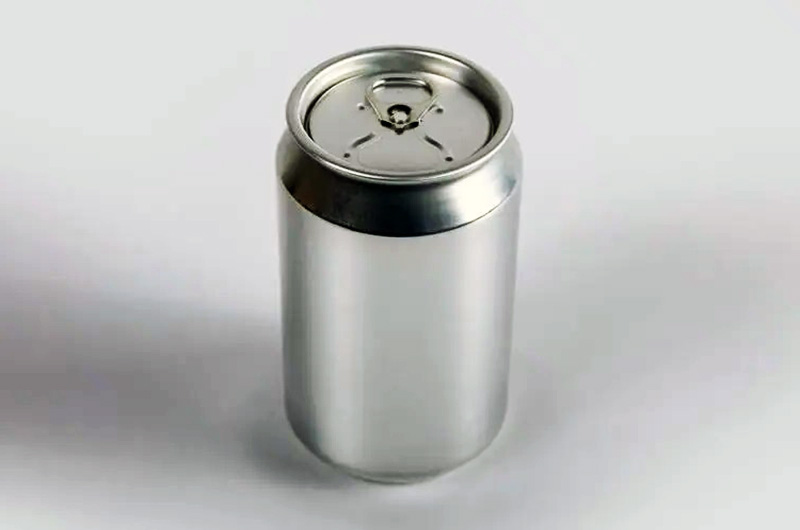
How to choose 3004 3104 5052 Aluminum sheet coil strip for Beverage Cans Body
Aluminum alloys 3004, 3104 and 5052 each have their own set of properties that make them suitable for specific applications in the beverage can industry.
3004 Aluminum sheet coil strip for Beverage Cans Body
- Characteristics: 3004 aluminum alloy has good formability, weldability and corrosion resistance. Due to its combination of strength and formability, it is commonly used in the manufacture of beverage cans.
- Purpose: Suitable for beverage cans requiring medium strength and good formability. It can withstand the molding process involved in can manufacturing while maintaining integrity.
3104 Aluminum sheet coil strip for Beverage Cans Body
- Properties: 3104 aluminum alloy is similar to 3004 but generally has slightly higher strength and better corrosion resistance. It is often selected for applications where increased strength and corrosion resistance are required.
- Application: Ideal for beverage cans requiring increased strength and corrosion resistance. It may be preferred for applications that require resistance to harsh environmental conditions or prolonged exposure to moisture.
5052 Aluminum sheet coil strip for Beverage Cans Body
- Properties: 5052 aluminum alloy is known for its excellent corrosion resistance and high strength, especially in marine environments. It also has good formability and weldability.
- Applications: While not as commonly used in beverage cans as 3004 and 3104, 5052 can be selected for specialty applications requiring superior corrosion resistance and strength. It may be suitable for beverage cans stored or transported in challenging environments.
When selecting these alloys for beverage can production, several factors should be considered:
- 1. Strength requirements: Determine the strength required for the application. If the can will be subject to significant mechanical stress or need to withstand high internal pressures, a stronger alloy such as 3104 or 5052 may be more suitable.
- 2. Formability: Consider the forming process involved in can manufacturing. If the can needs to be deep drawn or extensively formed, an alloy with good formability, such as 3004, may be more suitable.
- 3. Corrosion resistance: Evaluate the environmental conditions to which the jar will be exposed. If the jar is to be stored or transported in a corrosive environment, a corrosion-resistant alloy such as 3104 or 5052 may be required to ensure long-term durability.
- 4. Cost considerations: Evaluate the cost impact of each alloy option, including material costs, processing charges, and any additional treatments or coatings required to meet performance requirements.
3004 3104 5052 Aluminum Sheet Coil Strip for Beverage Cans Body Chemical Composition
| Alloy | 3004 | 3104 | 5052 |
| Aluminum (Al) | Balance | Balance | Balance |
| Magnesium (Mg) | 0.8% - 1.3% | 0.8% - 1.4% | 2.2% - 2.8% |
| Manganese (Mn) | 0.8% - 1.3% | 0.8% - 1.3% | - |
| Silicon (Si) | 0.3% max | 0.6% max | 0.25% max |
| Iron (Fe) | 0.7% max | 0.7% max | 0.4% max |
| Copper (Cu) | 0.25% max | 0.25% max | 0.1% max |
| Zinc (Zn) | 0.25% max | 0.25% max | 0.1% max |
| Chromium (Cr) | - | - | 0.15% - 0.35% |
| Titanium (Ti) | 0.15% max | 0.15% max | 0.1% max |
| Other Elements | 0.05% max each, 0.15% max total | 0.05% max each, 0.15% max total | 0.05% max each, 0.15% max total |
3004 3104 5052 Aluminum Sheet Coil Strip for Beverage Cans Body Mechanical Properties
| Alloy | 3004 | 3104 | 5052 |
| Tensile Strength (MPa) | 190 - 220 | 190 - 220 | 210 - 260 |
| Yield Strength (MPa) | 120 - 180 | 120 - 180 | 130 - 180 |
| Elongation (%) | 12-15 | 12-15 | 10-20 |
| Hardness (Brinell) | 56 | 56 | 60 |
Aluminum sheet coil strip for Beverage Cans Body manufacturing process
- 1. Material selection: Choosing the right aluminum alloy is crucial for beverage can production. Alloys such as 3004, 3104 and 5052 are preferred due to their good properties including corrosion resistance, formability and weldability.
- 2. Tank plate thinning: In order to optimize the manufacturing process and improve efficiency, efforts are made to reduce the thickness of the tank plate while maintaining structural integrity. High-pressure (all-foam) can lid materials are used to meet strict quality standards.
- 3. Raw material mix: Adjusting the composition of raw materials allows manufacturers to fine-tune the properties of aluminum alloys. This involves controlling the proportions of various alloying elements to achieve the desired strength, ductility and other mechanical properties.
- 4. Rolling process optimization: The rolling process plays a key role in shaping aluminum plates into coils or strips. Parameters such as pressure, temperature control and rolling speed are carefully adjusted to achieve optimal thickness and mechanical properties.
- 5. Heat treatment: Heat treatment is usually used to enhance the mechanical properties of aluminum alloys. By subjecting the material to controlled heating and cooling cycles, manufacturers can achieve the desired metallurgical structure, including grain size and distribution.
- 6. Quality control: Throughout the entire production process, strict quality control measures are implemented to ensure that the finished aluminum coils or strips meet the required specifications. This includes checking for surface defects, dimensional accuracy and mechanical properties.
By carefully controlling various parameters throughout the manufacturing process, aluminum sheet and roll for beverage cans can be produced with an optimal metal structure that provides the necessary strength, formability and processing hardness required for its intended application.



